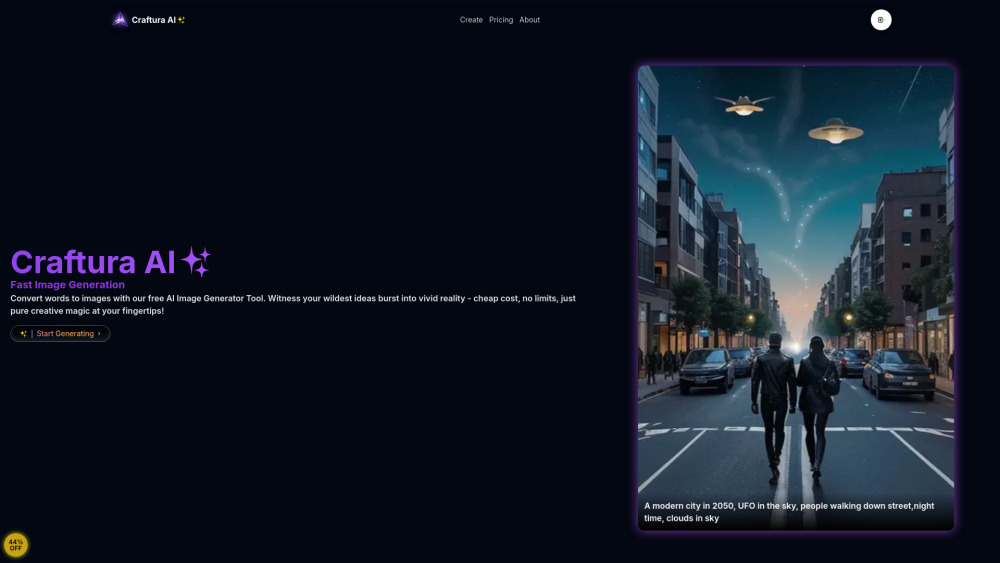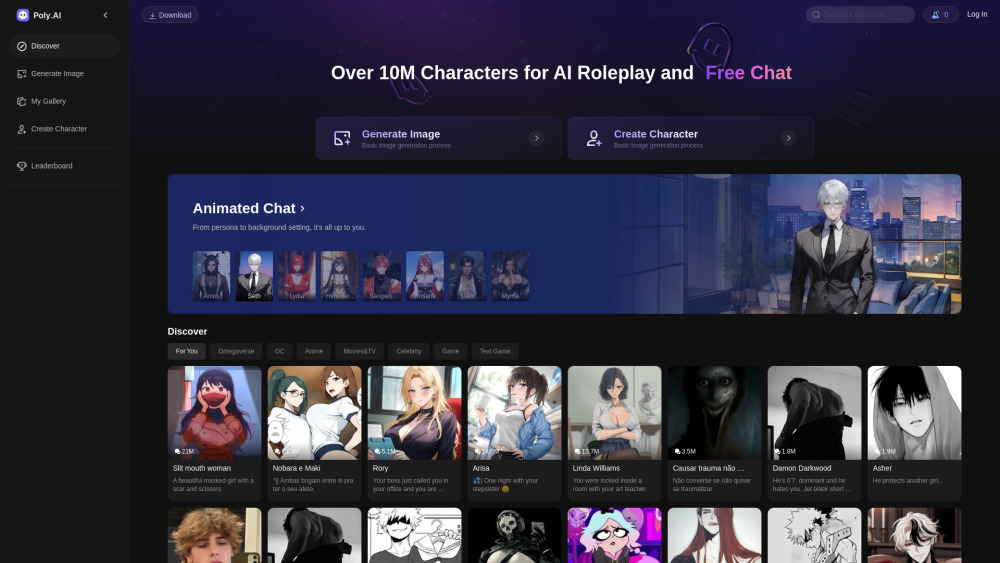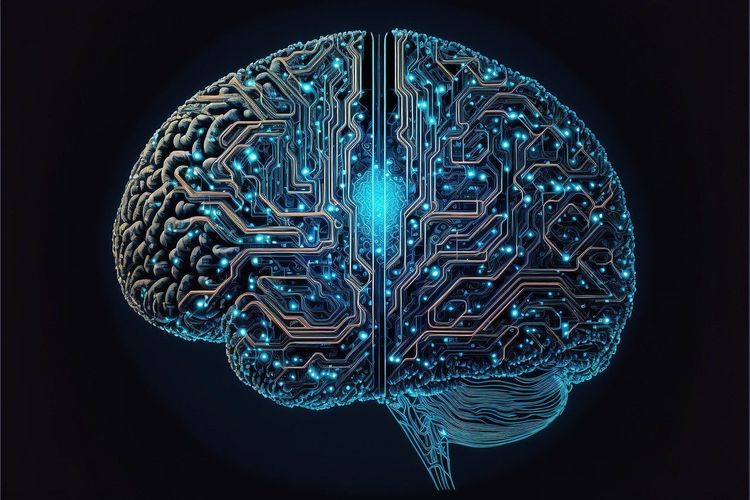Going forward, the potential for AI agents is set to be “gigantic,” according to Nvidia founder and CEO Jensen Huang.
Recent progress has been “spectacular and surprising,” with AI development accelerating rapidly as the industry enters the crucial “flywheel zone” necessary for technological advancement. Huang made these comments during a fireside chat at Salesforce’s Dreamforce event.
“This is an extraordinary time,” Huang shared on stage with Marc Benioff, Salesforce's chair, CEO, and co-founder. “Technology is evolving faster than ever before, outpacing Moore’s Law. We’re moving considerably quicker, almost at Moore’s Law squared.”
Agents Collaborating with Each Other—and Us
Huang envisions a future where AI agents possess a deeper understanding of nuances, reasoning abilities, and collaboration skills. These agents will not only work together but will also communicate with humans, seeking feedback to enhance their interactions and outputs. Some agents will excel in specialized tasks, while others will be more versatile.
“We’ll have agents working with agents and agents collaborating with us,” Huang reiterated. “They'll transform our daily work, tackling tasks we didn’t even realize needed addressing.”
Demystifying AI Adoption
Huang and Benioff agree on the necessity to demystify AI adoption. Huang likened the process to onboarding employees, emphasizing that understanding AI functionality and purpose is crucial. “Building an AI agent shouldn’t feel like a complicated computer science project,” Benioff added.
While acknowledging the numerous challenges ahead, such as fine-tuning and safety measures, Huang noted that progress is being made daily. AI is increasingly used to curate data for safe education, leading to a feedback loop where AI learns to assess the appropriateness and quality of its responses.
Nvidia’s Strategic Vision
Early on, Nvidia recognized that while general-purpose computing excels in some areas, others would require specialized computational capabilities. The company prioritized accelerated computing architecture, enhancing CPUs with GPUs, and developing its DGX platform to ensure architectural compatibility for solving complex problems.
Huang mentioned that Nvidia incorporated various algorithms into its CUDA computing platform and harnessed the power of deep learning. “Deep learning would fundamentally change software,” he explained. “We committed to re-engineering our entire computing stack.”
Since then, Nvidia has collaborated with researchers worldwide, tracking significant advancements in the field, including exploring unsupervised learning in 2011.
The Future of AI and Automation
Huang acknowledged that scalability would be a limiting factor for AI, as humans cannot label data extensively. Instead, scientists are employing language models to build other models, driving a rapid feedback loop in AI development.
“We always knew this day would come,” he said, humorously noting that they had predicted it accurately. Reflecting on their journey, he admitted, “We did a couple of things right.”
Benioff echoed this sentiment, expressing disbelief at the advancements in accelerated computing they’ve witnessed.
Huang’s Motivation and Vision
When asked about his personal motivations, Huang described a palpable excitement: “It’s within your grasp. We can make a real contribution.” He emphasized the importance of lifelong learning, acknowledging that connecting disparate ideas fuels his enthusiasm.
Huang believes that Nvidia and its counterparts will introduce an unprecedented level of automation, positioning the company for a unique, once-in-a-generation opportunity. He concluded by urging everyone not to overlook the upcoming decade, stating, “This is a thrilling time—don’t miss this movie.”





